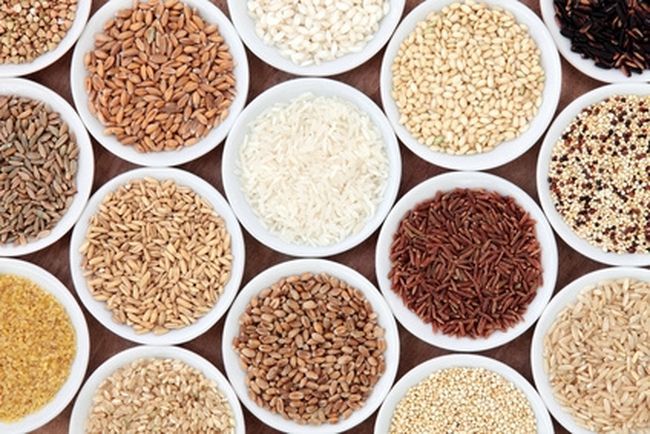In fact, phytic acid contained not only in oatmeal. Any whole grains, legumes, raw seeds and nuts, wheat germ abound in this antinutrient. Especially a lot of phytic acid in the bran. I must say that the above are the most useful, healthy foods is essential to everyone. But everything is good in moderation. We proceed to the detriment of phytic acid begins only when accumulated in the body a fair amount.
It interacts, if it failed to neutralize in the process of cooking food, in the intestine with calcium, magnesium, phosphorus, zinc, copper, iron, and inhibits their absorption by the body. To the above-mentioned, phytic acid inhibits the activity of enzymes that are designed to break down protein.
Therefore, you should think seriously before to go on a strict diet of oatmeal water, beans and raw nuts. As a result, you allow your body to demineralization. However, it is not necessary to panic. You just need to comply with the measure and learn how to cook whole grains. That is, previously to ferment.
Ruminants in the rumen produce a special enzyme - picazo, which promotes better assimilation of phytic acid. The human intestinal microflora also has this ability, but in much smaller amounts. The production of phytase can be activated in the grains that occurs during the long soak (12-24 hours).
But keep in mind that you cannot soak grits before cooking in hot water, because when temperatrue 80 degrees phytase will be destroyed in just 10 minutes, and the effect will be. the water should be komnenoi temperature or 40 degrees. Better the fermentation in an acidic environment, so you can add a few drops of lemon juice or malic acid.
Different grains are able to allocate different amounts of phytase to phytic acid destruction. So, oats, corn, millet, brown rice, even during prolonged soaking is not able to eliminate all the phytic acid. Therefore, you should at least eat these products. And cook them only after daily soaking.
